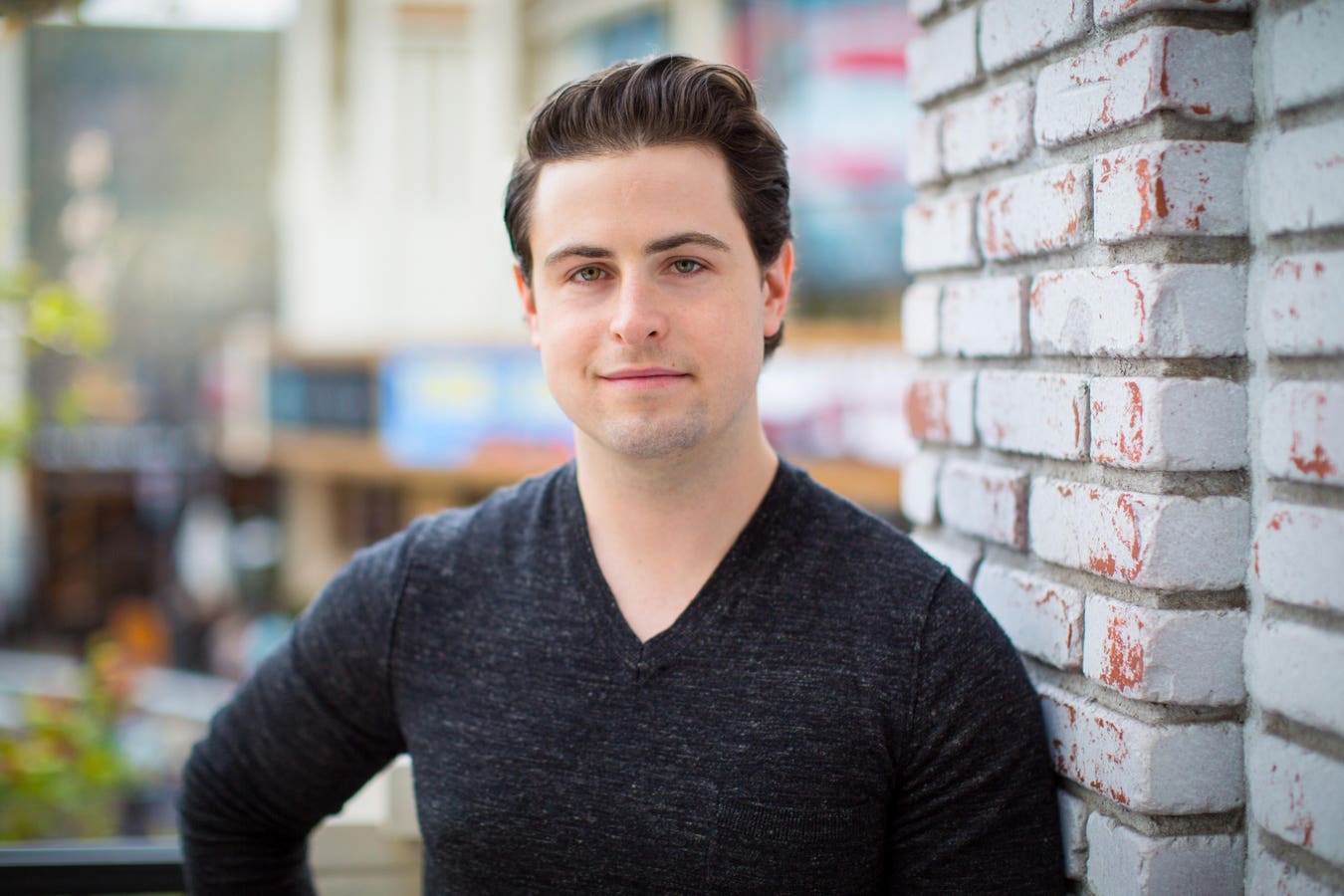Red Cell Partners Raised A $91 Million Fund To Bring More AI To Healthcare And Defense

Red Cell CEO Grant Verstandig
Red Cell Partners
In October of 2022, Peter Emigh, who’d recently transitioned out of his role leading geriatric care for an in-home services provider, had dinner with some folks at venture capital firm Red Cell Partners where he talked about the challenges in that space. Less than a year later, he’d launched his current company Savoy Life with its backing, a software company for long-term care he’d developed as there as an entrepreneur-in-residence.
Grant Verstandig, CEO and cofounder Red Cell, hopes that this isn’t an unusual story for his firm. He says that Red Cell much prefers to support and incubate ideas for startups of its own, rather than seeking outside ventures to fund. “We’re gonna build companies,” he told Forbes. “If you’re an amazing engineer, why don’t we help you with finance, marketing, legal? Whatever it is that you have, we want to surround you with the things that can help build value as you try to change the world.”
On Thursday, Red Cell announced the raise of its $91.2 million “RCIF I” fund, bringing its total dollars raised to over $200 million. The new capital is aimed at pre-seed investments of up to $5 million for companies it is incubating as well as follow-on investments in later rounds. The firm is focusing its investments in two primary areas; healthcare and defensetech, with an eye towards opportunities in artificial intelligence and machine learning. Its ambitious goal is to have those companies emerge from stealth in less than two years with contracts in already in hand to start generating revenue quickly.
Healthcare is an area that Verstandig, 34, knows well. He founded Rally Health, a digital tool that helps users navigate their healthcare, in 2010. The company was subsequently acquired by UnitedHealth in 2014, and Verstandig has cofounded several healthcare companies since, including his AI venture Zephyr AI. Despite the growth in digital health tools over the past few years, he still sees a lot of opportunity for better software in the marketplace. ‘We think we can bring a lot to the table in terms of democratizing data,” he said. “Let’s create this system infrastructure and start to be more predictive for value-based outcomes.”
When it comes to military tech, one of the firm’s partners is former Defense Secretary Mark Esper, 59, who has years of experience at both the Pentagon and at defense contractor Raytheon. From his perspective, there are major opportunities for innovation in defense technology, as major defense contractors tend to be focused on “incremental improvements and gains.” His goal, on the other hand, is to incubate companies that “come up with completely new ideas that are outside the box.”
One company that Red Cell has incubated in the defense space is Defcon AI, which uses machine learning algorithms to optimize logistics for military operations, including combat. Red Cell launched the company and one of its partners, Yisroel Brumer, serves as CEO; It recently secured a new contract with the Air Force to advance the development of its models.
Red Cell’s investments are overseen by chief investment officer Roger Ferguson, a former Vice-Chairman of the Federal Reserve, veteran of major financial institutions like Swiss Re and currently sits on the board of Alphabet. This role is the 72 year-old’s first foray into venture capital, but he told Forbes he’s enjoying the challenge so far. “This is a time when it’s a challenging time to raise money,” he said. “So I thought it would be a great chance for me to contribute.”
For his part, Verstandig also recognizes the challenges of both his firm’s model and the sectors in which it’s focused on investing. “But I think the only thing I’d say at the end is that the mission matters,” Verstandig said. “And in these two spaces: healthcare and national security, if we don’t innovate, the consequences are really profound.”
More At Forbes

